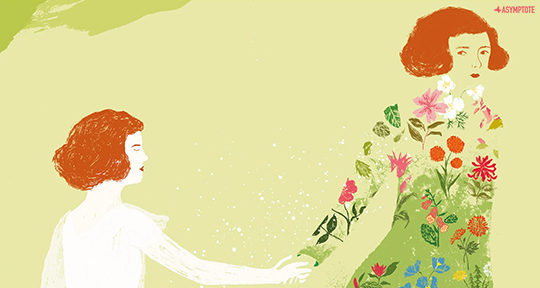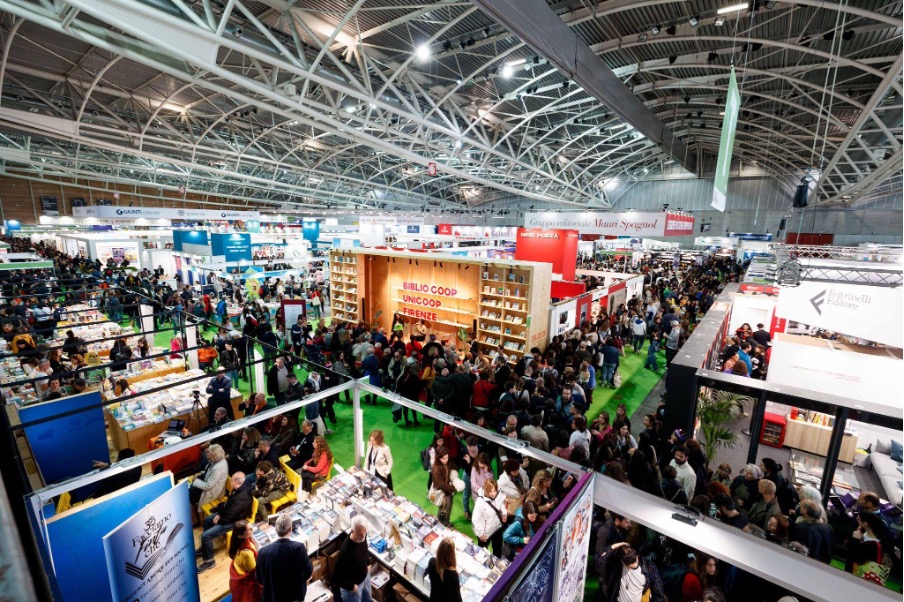In this week of literary updates, our news range from recent award winners to support for incarcerated writers by PEN centres around the globe. Read further to catch up on the Guadalajara International Book fair, PEN Philippines’ statement on ‘The Day of the Imprisoned Writer,’ and a new contribution to Macedonian cultural studies!
Alton Melvar M Dapanas, Editor-at-Large, reporting from the Philippines
On ‘The Day of the Imprisoned Writer,’ commemorated annually November 15, PEN Philippines joined PEN centres across the globe in issuing a statement calling for the release of Filipino poets Amanda Socorro Lacaba Echanis, Adora Faye de Vera, and Benito C. Quilloy, children’s book author Eduardo Sarmiento, and journalist Frenchie Mae Cumpio—incarcerated writers who have been arrested on trumped-up charges and detained for years. “We continue to raise our voices to call for their release, and for the Philippine government to serve these detainees the justice that is due them under our system of laws—as is but right,” the statement declared.
PEN centres globally have also demanded the release of Iryna Danylovych (Occupied Crimea), María Cristina Garrido Rodríguez (Cuba), Soulaimane Raissouni (Morocco), and Go Sherab Gyatso (Occupied Tibet). “PEN Philippines has been championing this cause for the past 65 years, and we continue to uphold that advocacy,” PEN Philippines furthers.






